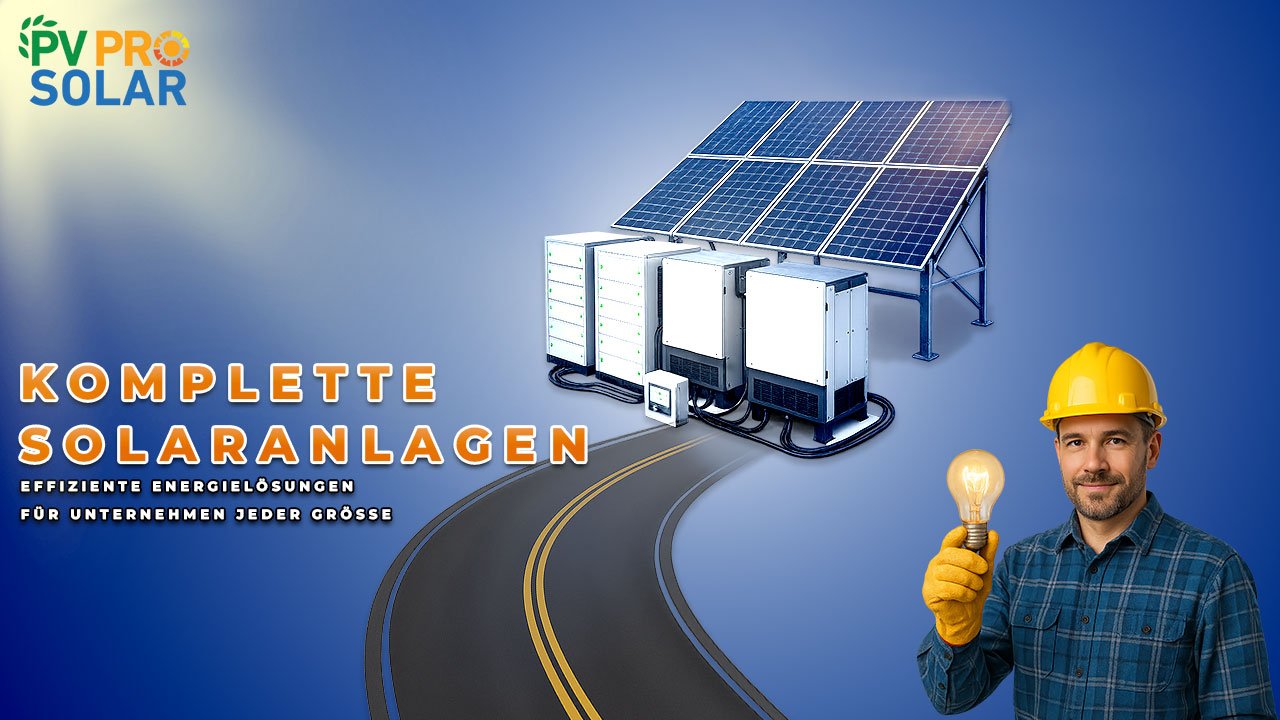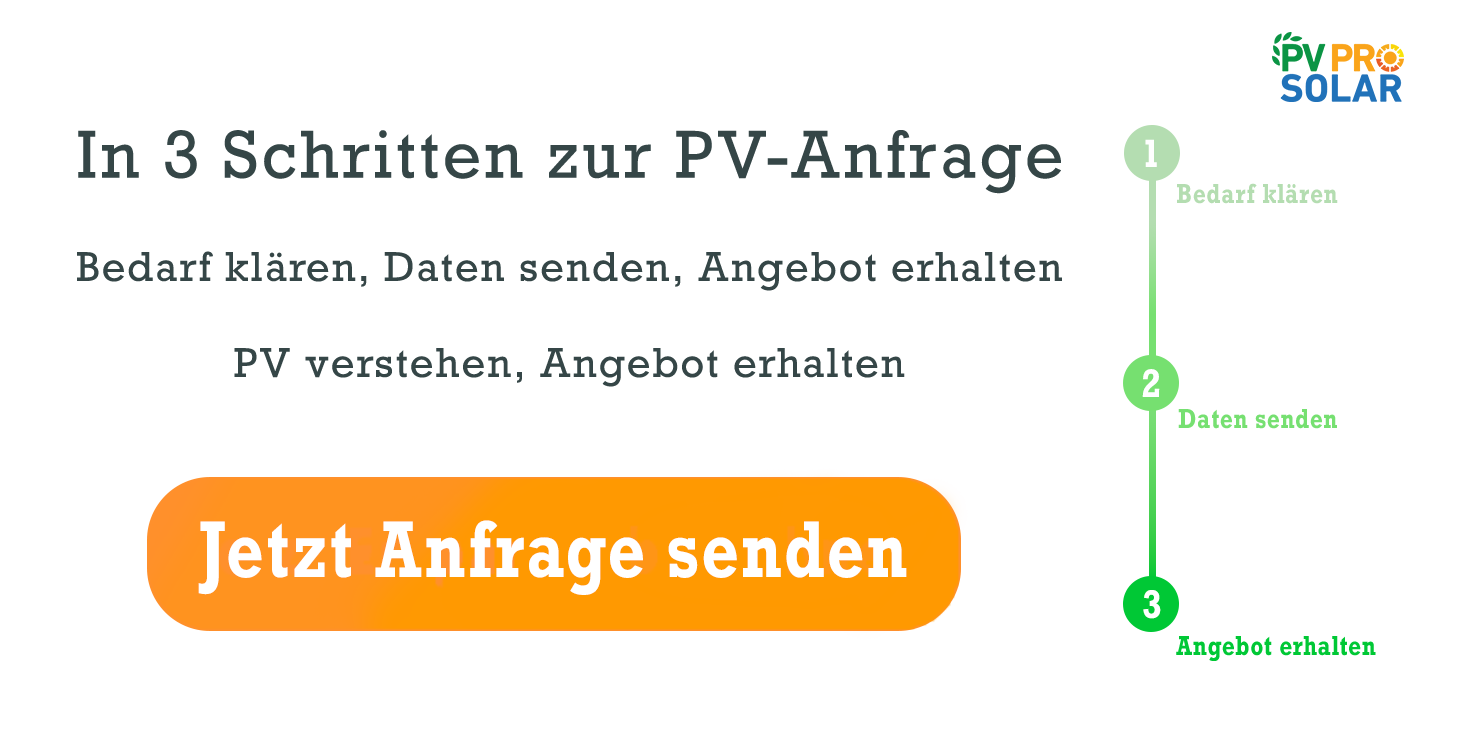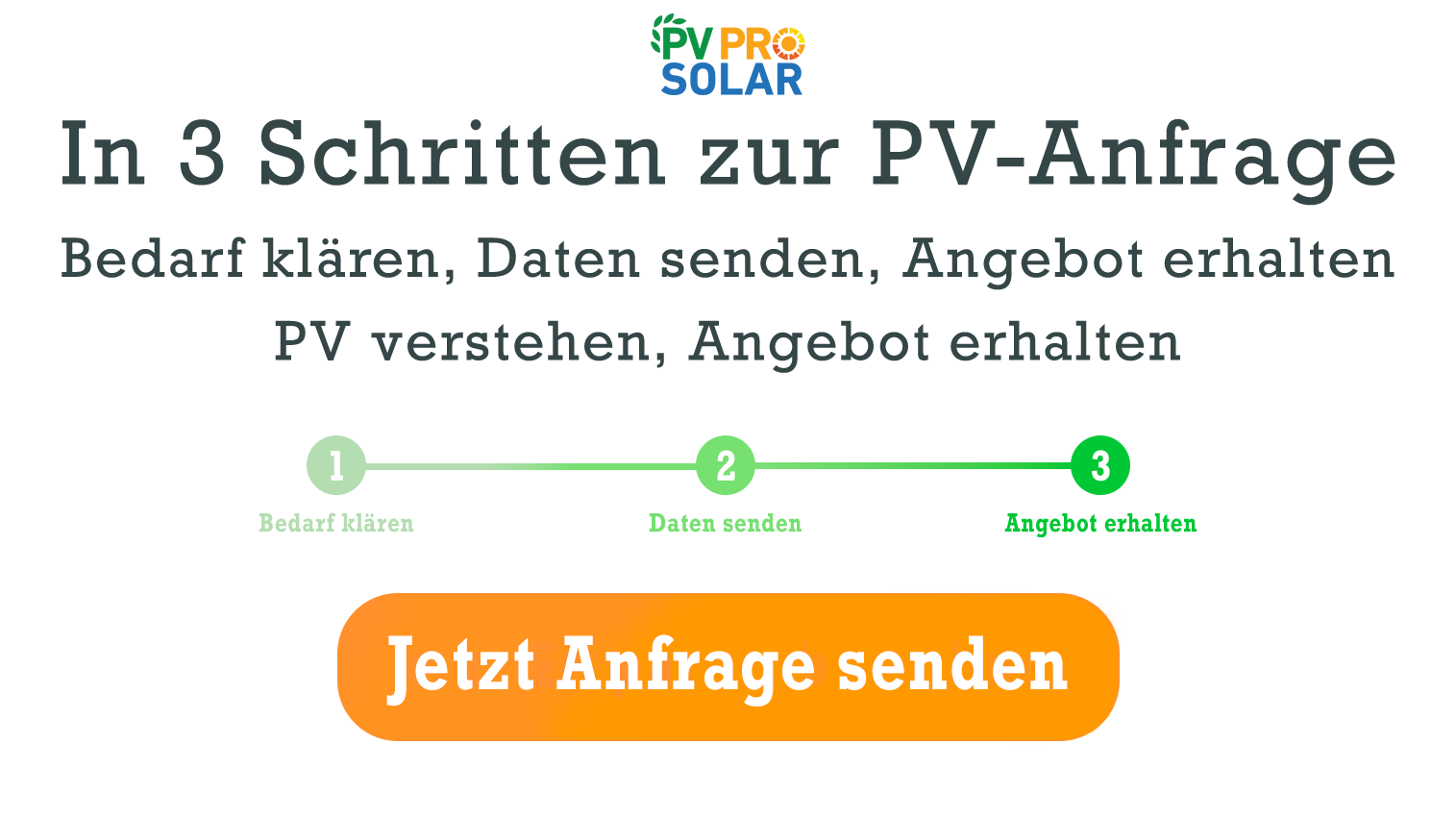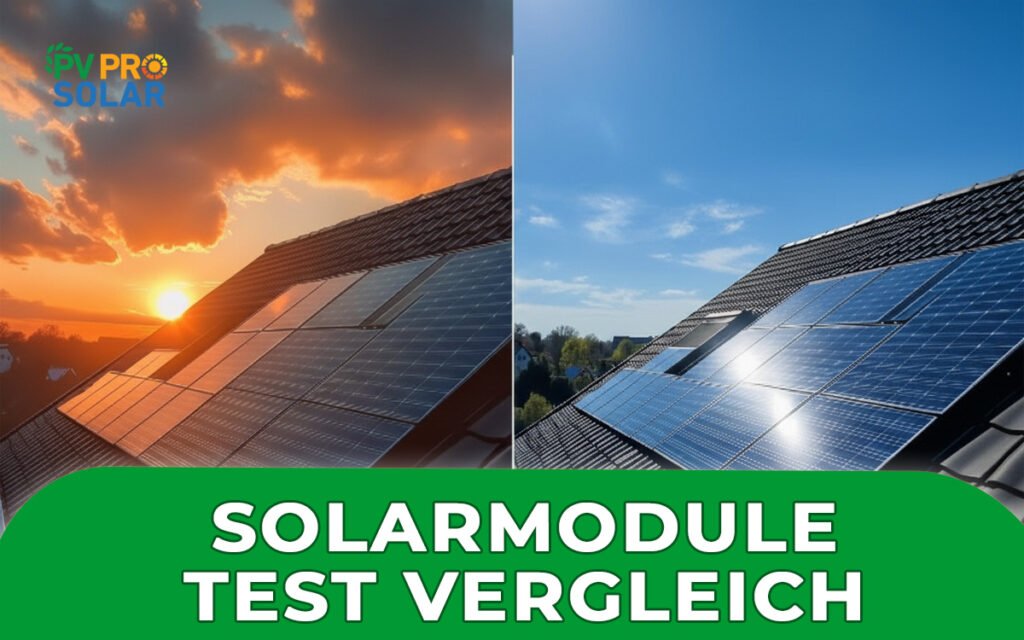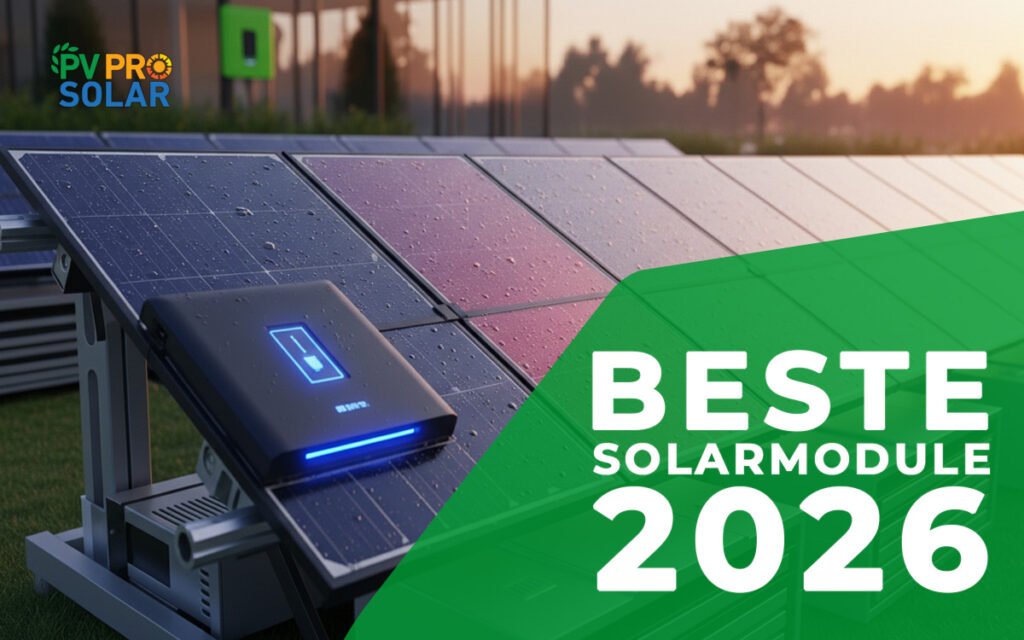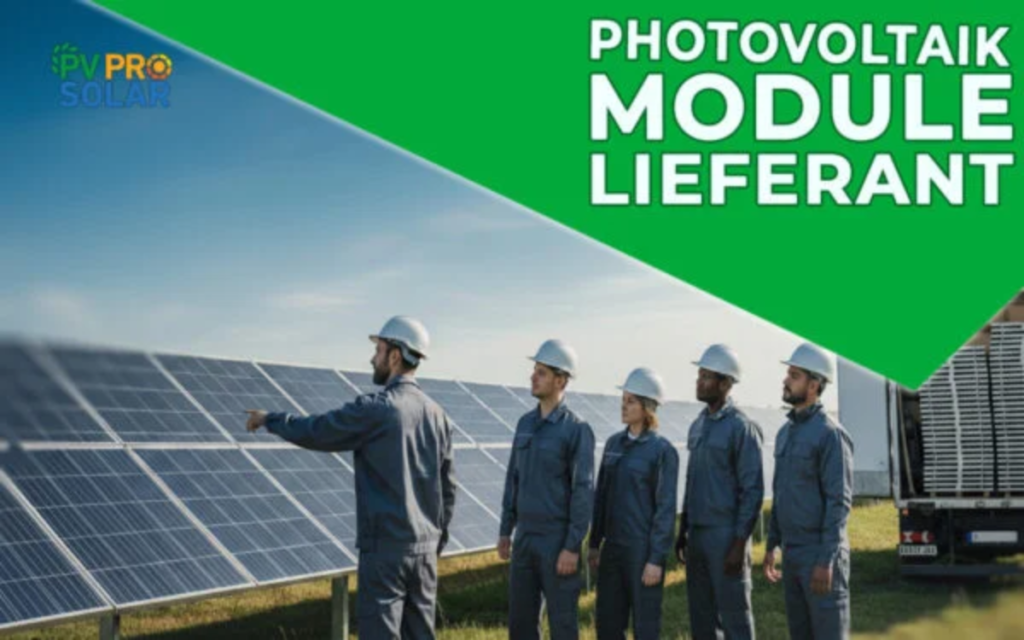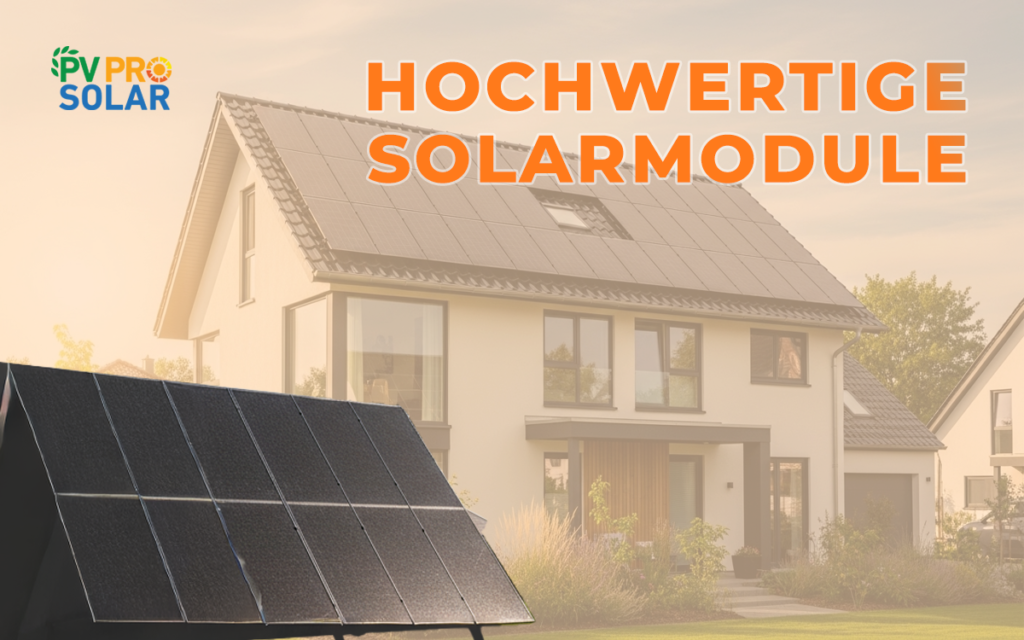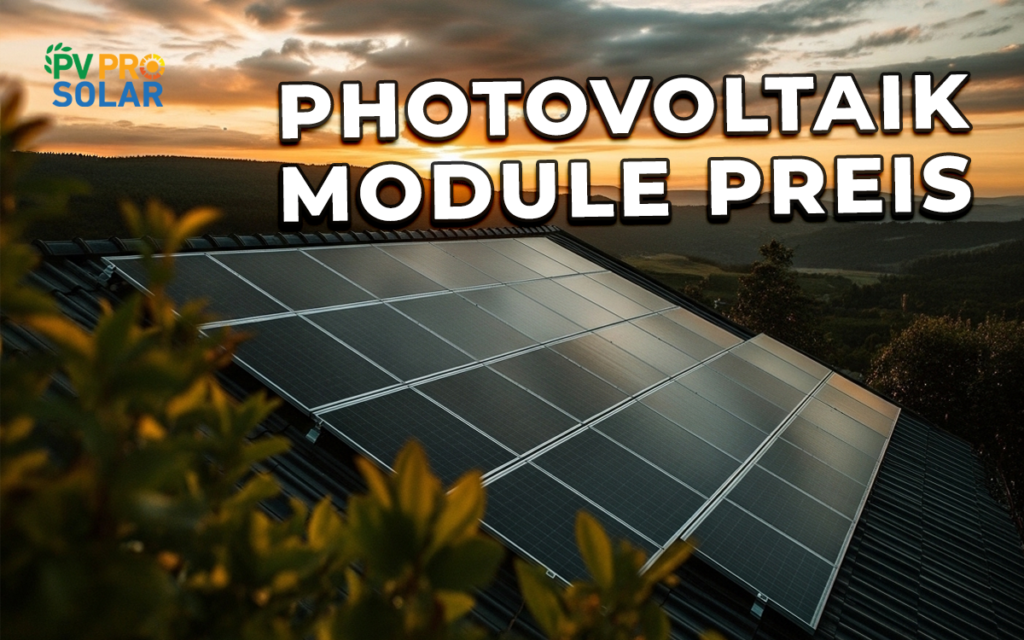Complete Solar Systems – Are They the Solution for companies?
As electricity prices continue to rise and the demand for sustainable business practices grows, more and more companies are turning to complete solar systems. These not only provide long-term savings on energy costs but also send a strong message of environmental responsibility and innovation. In this article, you’ll find everything you need to know about turnkey photovoltaic systems—from their benefits and components to costs and available subsidies.
Why Complete Solar Systems Are Becoming Increasingly Relevant for Businesses?
For commercial clients, a fully installed solar power system offers an ideal way to reduce dependence on the energy market while also benefiting from financial incentives. Particularly in industrial and commercial sectors, high energy consumption presents significant opportunities for savings. Whether for factories, offices, or homes transitioning to cleaner energy sources, solar kits are becoming a smart and sustainable investment.
Key Benefits at a Glance:
- Up to 80% reduction in electricity costs through self-consumption
- Long-term planning security with stable energy prices
- Enhanced brand image through sustainable practices
- Access to federal and state funding programs
- CO₂ reduction for ESG and CSR reporting
- Increase in property value through PV investment
- Quick returns, often within just a few years of installation
What Does a Complete Solar System Include?
A complete solar system encompasses all the components and services required to bring a photovoltaic system into full operation on a turnkey basis. This includes not just the essentials, but also smart technologies designed to enhance the user experience and energy efficiency every day.
Typical Components of a Complete PV System:
- Solar panels (e.g., monocrystalline or bifacial modules) that capture the sun’s energy efficiently
- Inverters to convert DC to AC electricity and ensure smooth charge management
- Battery storage systems to maximize self-consumption and energy availability at all hours
- Rooftop or ground-mounted mounting systems, tailored for each structure
- Energy management systems for smart control, total system transparency, and automation
- Installation & grid connection, made easy by experienced professionals
- Ongoing maintenance and monitoring for seamless operation
Whether you’re building a new facility or upgrading your existing energy infrastructure, our systems are designed with flexibility in mind—offering both large-scale commercial setups and compact, portable solutions. Each component in the kit is carefully selected to deliver maximum performance, and the entire system is supported by professional service to ensure a positive solar experience from day one.
What Businesses Should Consider When Choosing a Solar System?
Deciding on a photovoltaic system is a strategic investment that involves more than just the installation of solar panels. The following steps play a key role in the decision-making process and can help you choose the most suitable solution for your business.
1. Energy Consumption Analysis
Before planning your solar system setup, a detailed analysis of your electricity usage is essential. This step helps determine the optimal production capacity and system size required to efficiently generate power. A qualified solar partner can guide you through this stage, ensuring your system is tailored to meet high electrical demands and integrates well with backup generators or batteries if needed.
2. Location and Orientation
The effectiveness of your solar system depends on several physical factors. Roof orientation, potential shading, and regional solar irradiance (e.g., in Lower Saxony or Bremen) significantly impact performance. Locations that receive rich sun exposure, such as rooftops facing the sun, are ideal for installing panels and optimizing output. To further enhance energy efficiency, consider including a hybrid inverter and controller that can manage both solar input and electric storage from batteries.
3. Integration into Energy Management Systems
Modern businesses often explore smart solutions to control and balance energy use. When installing a photovoltaic system, make sure it can be integrated with your building’s existing energy infrastructure. This includes EV charging stations, heat pumps, or emergency generators. A smart inverter and central controller allow seamless communication between components. Choosing a SunPower or similarly advanced system ensures your setup is scalable and capable of producing thousands of kilowatt-hours annually.
Cost Factors for Complete Solar Systems
The cost of a complete solar system depends on several key parameters. The following factors play a central role:
- System Size: Generally, the larger the system, the lower the price per kilowatt peak (kWp). Larger systems benefit from economies of scale and offer more favorable long-term electricity costs.
- Type of Modules: Choosing between premium and standard modules has a direct impact on the system’s quality and efficiency. In this regard, higher quality pays off in the long run.
- Storage Included: Integrating a battery storage system increases the initial investment but allows for a higher self-consumption rate, leading to greater energy independence.
- Location & Installation Effort: Elements such as roof type, structural conditions, required installation effort, and cable routing significantly affect the overall cost.
- Eligibility for Subsidies: Government incentives and funding programs can substantially reduce the net investment cost.
As of 2025, typical investment costs for businesses range from approximately €900 to €1,300 per kWp without storage. If a battery storage system is included, total costs may rise to around €1,300 to €1,700 per kWp—depending on the technology, storage capacity, and scope of the complete system. High-quality systems with intelligent planning and professional implementation offer considerable long-term savings potential.
Subsidies and Tax Advantages
In Germany, companies benefit from various funding instruments, including:
- KfW loans and grants
- EEG feed-in tariffs
- Immediate depreciation under §7c of the German Income Tax Act
- Regional funding programs (e.g. initiatives in Lower Saxony)
At PVPro Solar, we support you in applying for all relevant subsidies and handle the entire application process on your behalf.
Why PVPro Solar Is the Right Choice for Your Business?
As an experienced provider of complete solar systems, we support companies across Germany—from the initial consultation to turnkey delivery. Our core expertise lies in high-quality PV system engineering and customized solutions for B2B clients.
Our Service Promise:
- Personal consultations with seasoned solar experts
- Planning using cutting-edge software tools
- High-quality components from leading manufacturers
- Complete project management including grid connection
- Monitoring and maintenance for maximum operational security
Complete solar systems enable businesses to gain independence from volatile electricity markets, lower costs, and actively contribute to climate protection. Thanks to self-consumption, financial incentives, and tax benefits, these investments often pay for themselves within just a few years.
Book a free consultation today with one of our PV experts and kick off your solar project with PVPro Solar.
The timeline depends on the system size, structural conditions, and permitting requirements. Generally, the planning and implementation of a commercial solar system take between 4 to 10 weeks. PVPro Solar handles all steps— from site inspection to grid connection and commissioning—efficiently and from a single source.
Absolutely. SMEs particularly benefit from self-consumption, government incentives, and tax advantages. Even businesses with relatively low energy demand can implement a cost-effective solution—for example, with smaller PV systems including storage or a tenant electricity model. Our experts will help you determine the optimal system size for your needs. How long does it take to install a complete solar system for a business?
Is a complete solar system worthwhile for small and medium-sized enterprises (SMEs)?

